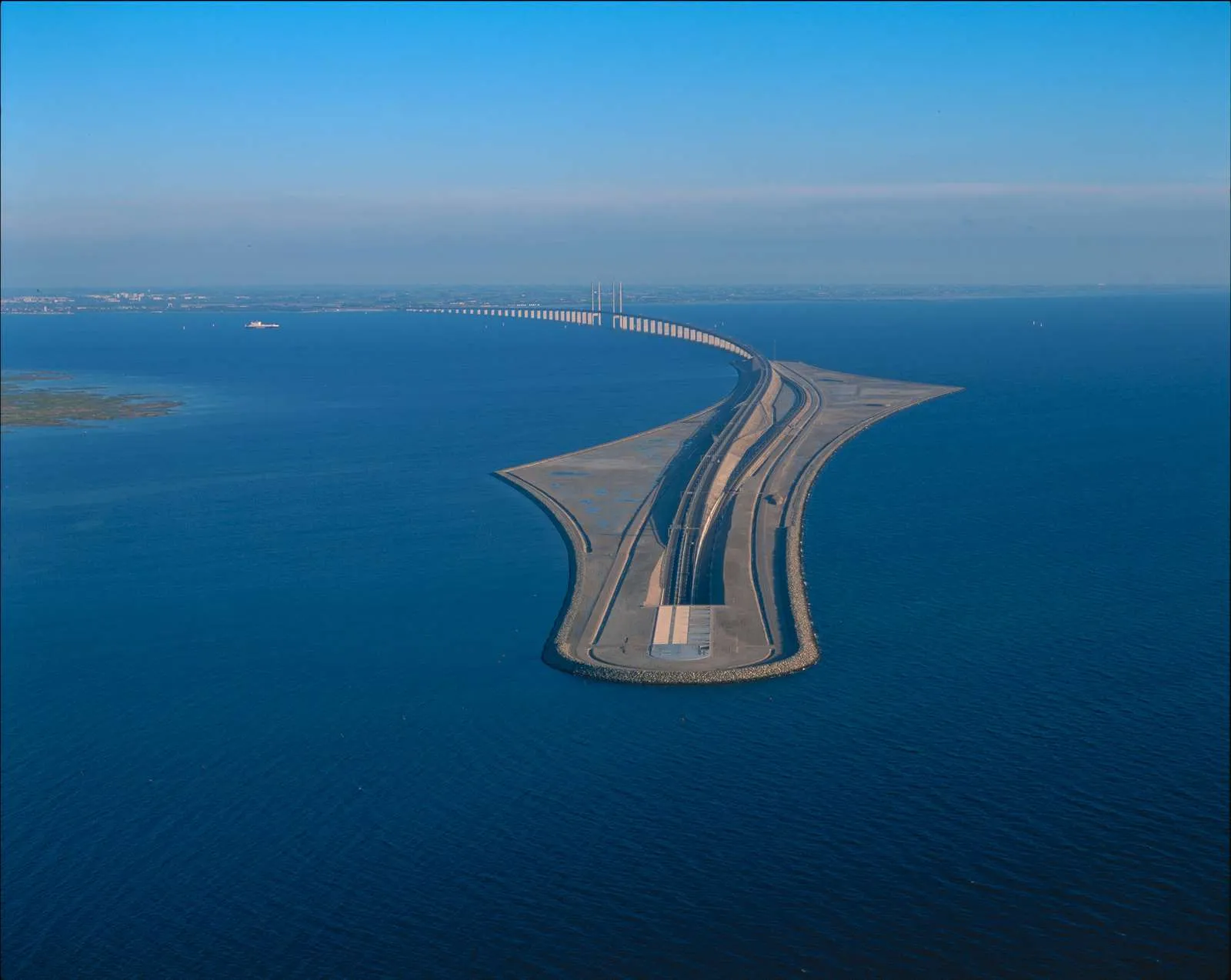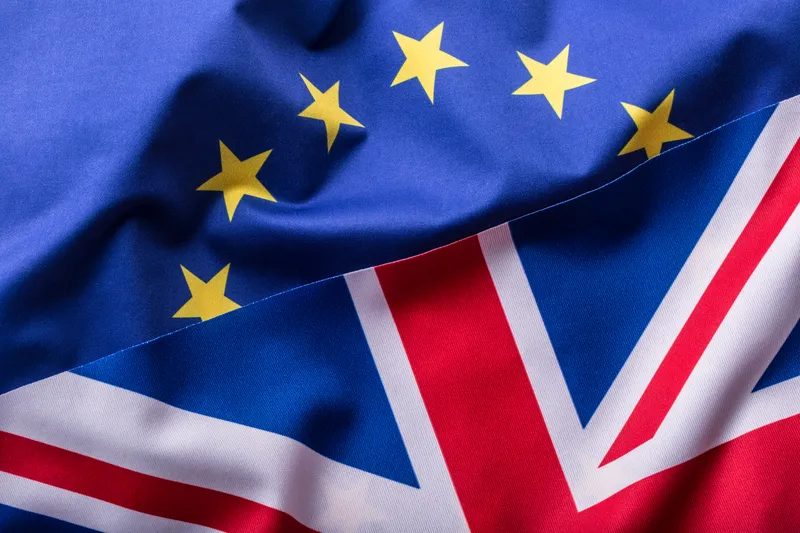The UK government must understand that pulling out of the European Union will have consequences for the manufacturing sector and should be ready to help.
“A lot of EU regulation has been tough but at least we know what is,” said Rob Oliver, chief executive of the UK’s Construction Equipment Association.
Oliver, speaking at last week’s one-day conference in London, warned the government against introducing tougher regulations than the EU has done.
October 28, 2016
Read time: 3 mins
The UK government must understand that pulling out of the European Union will have consequences for the manufacturing sector and should be ready to help.
“A lot of EU regulation has been tough but at least we know what is,” said Rob Oliver, chief executive of the UK’s Construction Equipment Association.
Oliver, speaking at last week’s one-day conference in London, warned the government against introducing tougher regulations than the EU has done.
He said the government should also recognise that no matter what happens there will be expenses for business as it adjusts to a new regulatory regime, this one based in London.
The United Kingdom made its first application to join in 1961 but the application was vetoed by the French government in 1963. A second application was vetoed again by the French in 1967. Third time lucky and its 1969 application was accepted. The UK joined the European Economic Community - as it was then called - on 1 January, 1973 along with Denmark and the Irish republic.
Britain opted to leave the EU in a national referendum in June, ending its often tumultuous membership of the organisation that now covers 28 countries.
It remains uncertain times for UK business, and it will do so for some time to come because the exact date of Britain’s leaving is not decided. However, UK Prime Minister Theresa May has said that the government will trigger Article 50 of the EU treaty – the mechanism to start a country’s exit negotiations – in March next year.
But negotiations could be protracted, media have speculated. An official exit may well not happen until March 2019, just ahead of the next European Parliament elections.
Oliver said that it is important for the UK government to act now to ensure business confidence in the economy during this time of uncertainty. The government should start by not delaying any infrastructure decisions until after Britain has left the European Union.
“The government should also pay close attention to ensure that there is a freedom of movement of labour so the manufacturing sector can bring into the UK the best international talent,” he told delegates.
Next year the CEA will hold a series of Brexit seminars for its members “to make the Brexit journey not as bumpy a ride as it could be”.
Government data compiled by the CEA shows that UK is a net exporter of construction equipment globally. But while exports globally have been on a decline since 2013, sales to the EU have been stable. The result is that the EU is taking an increasingly larger share proportionally of all export sales.
In 2013, UK exports to the EU accounted for 35% of global sales. Because of fewer sales in other markets, EU sales now account for 47%, as of earlier this year.
“A lot of EU regulation has been tough but at least we know what is,” said Rob Oliver, chief executive of the UK’s Construction Equipment Association.
Oliver, speaking at last week’s one-day conference in London, warned the government against introducing tougher regulations than the EU has done.
He said the government should also recognise that no matter what happens there will be expenses for business as it adjusts to a new regulatory regime, this one based in London.
The United Kingdom made its first application to join in 1961 but the application was vetoed by the French government in 1963. A second application was vetoed again by the French in 1967. Third time lucky and its 1969 application was accepted. The UK joined the European Economic Community - as it was then called - on 1 January, 1973 along with Denmark and the Irish republic.
Britain opted to leave the EU in a national referendum in June, ending its often tumultuous membership of the organisation that now covers 28 countries.
It remains uncertain times for UK business, and it will do so for some time to come because the exact date of Britain’s leaving is not decided. However, UK Prime Minister Theresa May has said that the government will trigger Article 50 of the EU treaty – the mechanism to start a country’s exit negotiations – in March next year.
But negotiations could be protracted, media have speculated. An official exit may well not happen until March 2019, just ahead of the next European Parliament elections.
Oliver said that it is important for the UK government to act now to ensure business confidence in the economy during this time of uncertainty. The government should start by not delaying any infrastructure decisions until after Britain has left the European Union.
“The government should also pay close attention to ensure that there is a freedom of movement of labour so the manufacturing sector can bring into the UK the best international talent,” he told delegates.
Next year the CEA will hold a series of Brexit seminars for its members “to make the Brexit journey not as bumpy a ride as it could be”.
Government data compiled by the CEA shows that UK is a net exporter of construction equipment globally. But while exports globally have been on a decline since 2013, sales to the EU have been stable. The result is that the EU is taking an increasingly larger share proportionally of all export sales.
In 2013, UK exports to the EU accounted for 35% of global sales. Because of fewer sales in other markets, EU sales now account for 47%, as of earlier this year.









